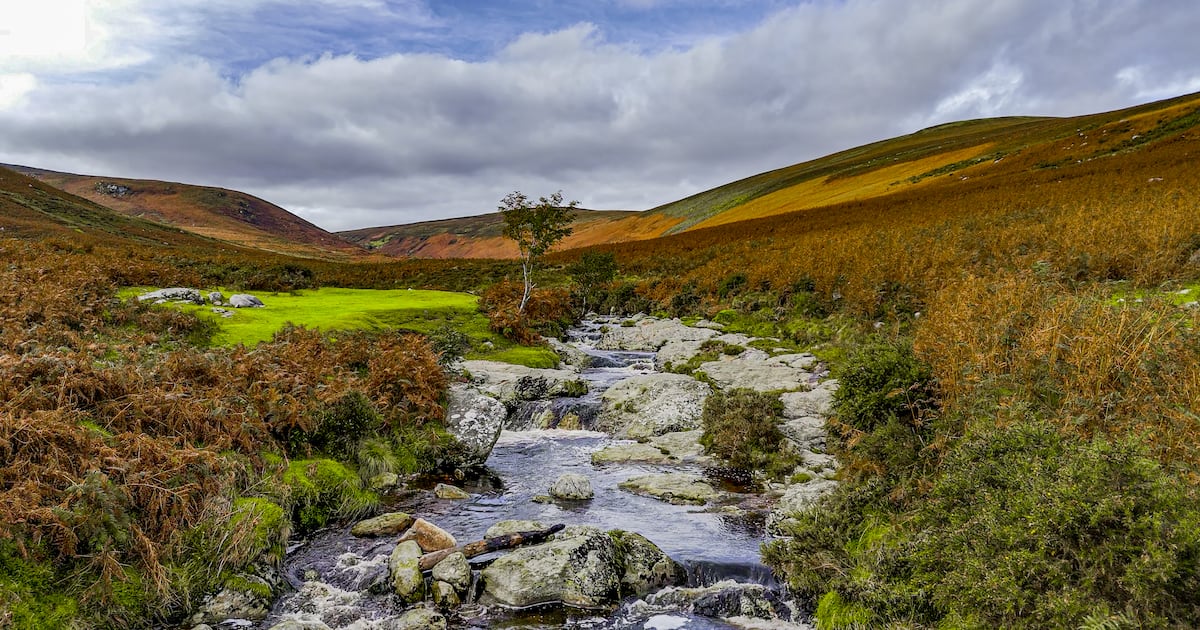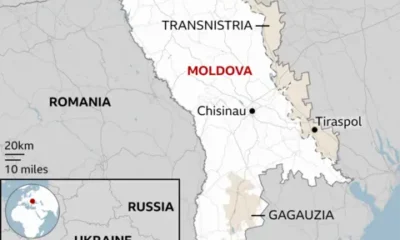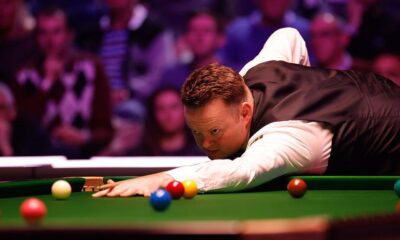Breaking News
Ireland’s natural environment in ‘very poor’ condition, EU analysis finds

Read more on post .
Nature in Ireland is in a “very poor” state with the country’s economic growth achieved at the expense of the environment, EU analysis has found.
The State of Europe’s Environment report also criticised the poor quality of Ireland’s natural waters, the country’s growing waste volumes and its heavy reliance on fossil fuels.
It said there is excessive car dependency despite some increase in public transport use, and agriculture and food production are too intensive and environmentally unsustainable in their current form.
The report is compiled every five years by the European Environment Agency (EEA), which monitors conditions in the 27 EU member states and 11 neighbouring countries.
Its findings in relation to Ireland undermine the country’s projected green image.
“The assessment of nature is very poor, with 85 per cent of Ireland’s protected habitats and almost one third of protected species of flora and fauna having an unfavourable status,” it says.
“Over half of native plant species are in decline and more than 50 bird species are of high conservation concern.
“Significant measures are needed to address declines.”
Water quality is also assessed as “poor” with no improvement in the condition of rivers or lakes over the last five years.
Agriculture, forestry, urban sewage discharges and artificial interference with water flows and riverbanks are the main pressures it cites.
[ Algal bloom on Lough Derg prompts call for multi-agency investigationOpens in new window ]
“Compliance with EU obligations remains a challenge,” it said.
The Government published a Water Action Plan last year, will publish a Nature Restoration Plan next year and has a Land Use Review under way but the EEA report shows there is no time to waste in implementing rescue measures.
Ireland’s wasteful habits are highlighted, as is the failure to create a ‘circular economy’ where goods and services are routinely shared, repaired, reused or recycled.
“Ireland’s economy remains substantively linear, marked by material overconsumption, increasing waste volumes and reliance on waste exports,” the report said.
The EEA acknowledges the country has undergone huge growth in a relatively short period, the population rising by two million in 50 years.
“At the same time, the nation and economy have prospered. However, this success has been heavily dependent on environmental resources.”
In the last progress report, Ireland ranked bottom among EU member states for expenditure on environmental protection.
The EU average was 2.2 per cent of GDP but Ireland’s expenditure was just 0.9 per cent.
[ Rules to protect Ireland’s fragile rivers are being repeatedly breachedOpens in new window ]
“Scaled-up investment in water, energy, transport and waste management infrastructure to address the significant environmental challenges is essential to meet the demands of Ireland’s growing economy and population,” it said.
On agriculture, the report says Ireland’s food systems “need urgent transformational change”.
“There are many plans and programmes in place, with positive actions being implemented at farm scale, but there is no clear evidence that the current measures will collectively achieve the scale of environmental outcomes needed.
“The intensification of livestock farming in response to ambitious growth policies has contributed to increased environmental degradation.”
Progress in renewable electricity, public transport, air quality and greenhouse gas emission reductions are noted.
However, the report says: “Ireland needs to speed up the transportation of its energy, transport, food and industrial systems to become more sustainable.”
The EEA’s findings, published on Monday, show the problems extend across Europe where more than 60 per cent of species and just under 80 per cent of habitats are in poor or bad condition.
“The overall state of Europe’s environment is not good, especially its nature which continues to face degradation, overexploitation and biodiversity loss,” it said.
“The outlook for most environmental trends is concerning and poses major risks to Europe’s economic prosperity, security and quality of life.”













